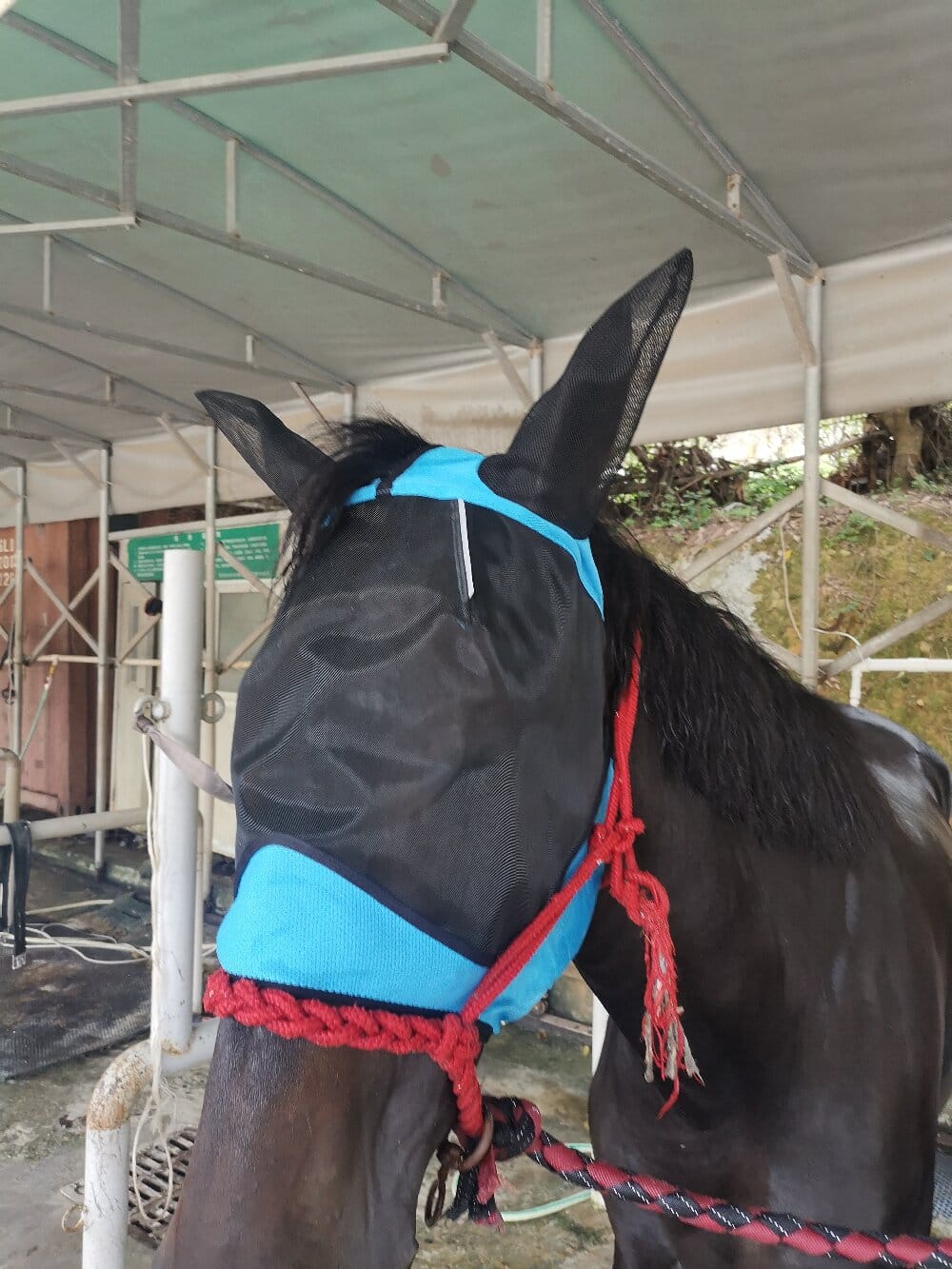A horse fly mask is an essential piece of equine gear designed to protect horses from irritating and potentially harmful insects. Flies, mosquitoes, and other pests can cause discomfort, stress, and even health issues for horses, making protective measures like fly masks a practical solution. These masks are particularly useful during warmer months when insect activity peaks, ensuring your horse remains comfortable and focused.
Common Problems Addressed by Horse Fly Masks
Horses face several challenges when exposed to flying pests, and a well-designed fly mask can mitigate many of these issues. Below are some of the most common problems these masks help solve:
- Eye Irritation: Flies often target a horse’s eyes, leading to excessive tearing, infections, or even corneal damage.
- Skin Allergies: Insect bites can trigger allergic reactions, causing itching, swelling, or dermatitis.
- Distraction and Stress: Constant swatting at flies can make horses anxious, reducing their performance and overall well-being.
- Disease Transmission: Some insects carry diseases like equine infectious anemia or West Nile virus, posing serious health risks.
Key Features of an Effective Horse Fly Mask
Not all fly masks are created equal. To ensure maximum protection and comfort, look for these essential features:
- Breathable Fabric: Mesh materials allow airflow while keeping pests out.
- UV Protection: Some masks offer sun-blocking properties to shield sensitive skin and eyes.
- Adjustable Straps: Secure yet comfortable fit prevents slipping or rubbing.
- Extended Coverage: Masks with ear or nose guards provide additional protection.
- Durability: High-quality materials resist wear and tear from daily use.
Choosing the Right Horse Fly Mask for Your Needs
Selecting the best fly mask depends on your horse’s specific requirements. Consider the following factors:
- Climate: Hotter regions may require lightweight, ventilated designs.
- Activity Level: Performance horses may need masks with extra security to stay in place during movement.
- Special Needs: Horses with allergies or light sensitivity might benefit from masks with additional features like UV blocking.
- Fit: Measure your horse’s head to ensure the mask isn’t too tight or loose.
Maintaining and Cleaning Your Horse Fly Mask
Proper care extends the lifespan of your fly mask and ensures hygiene. Follow these simple steps:
- Rinse the mask regularly to remove dirt and sweat.
- Hand wash with mild soap and lukewarm water to avoid damaging delicate mesh.
- Air dry completely before reuse to prevent mildew.
- Inspect for tears or loose stitching and repair or replace as needed.
Conclusion: A Simple Solution for Equine Comfort
A horse fly mask is a small investment that delivers significant benefits, from preventing insect bites to reducing stress. By choosing the right design and maintaining it properly, you can keep your horse comfortable and healthy throughout fly season. Whether for daily pasture use or competitive events, these masks are a practical addition to any equine care routine.

